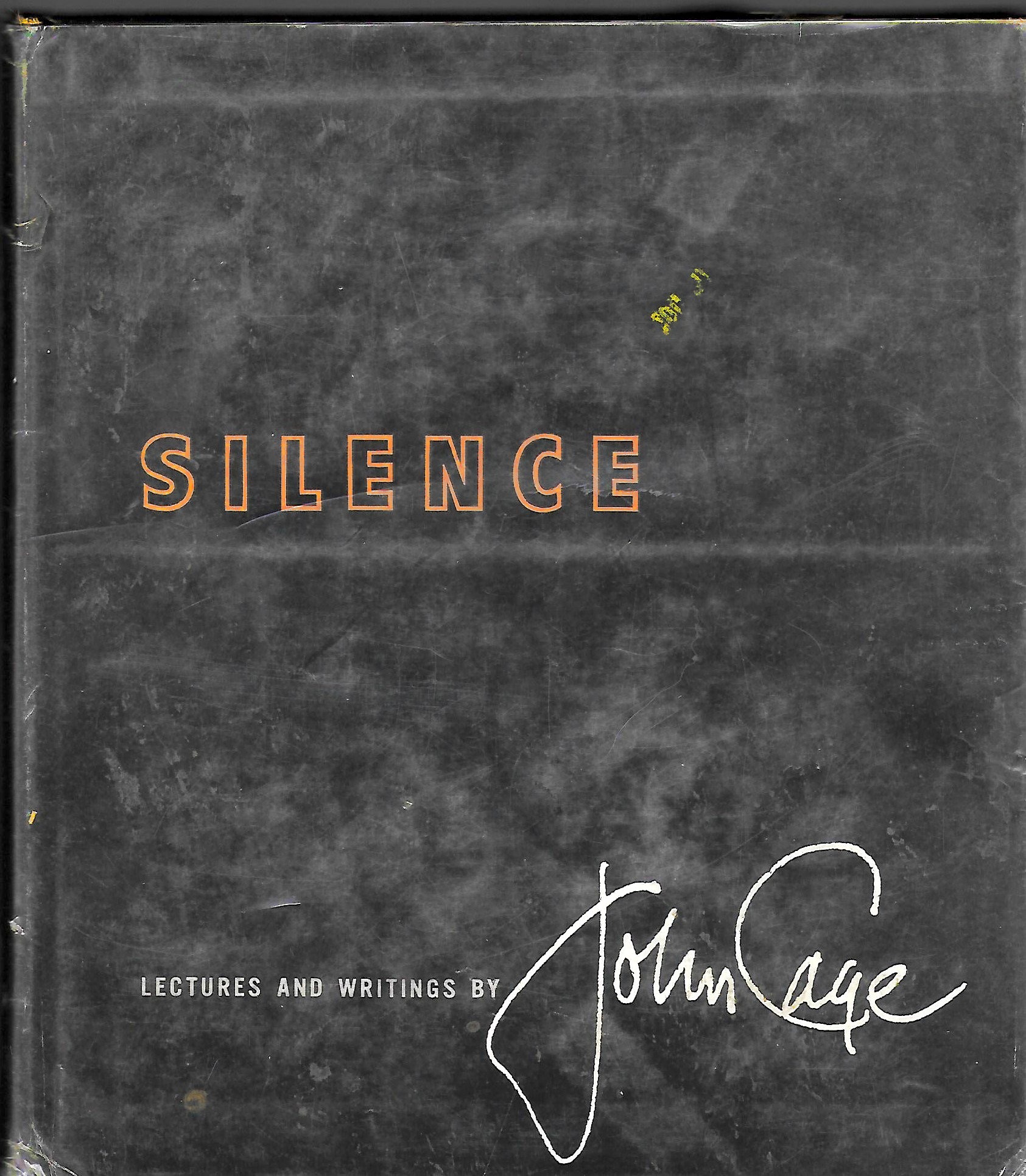Trevor Pinch, Frank Trocco: Analog Days: The Invention and Impact of the Moog Synthesizer (2004)
Filed under book | Tags: · electronic music, music, music history, sound recording

Though ubiquitous today, available as a single microchip and found in any electronic device requiring sound, the synthesizer when it first appeared was truly revolutionary. Something radically new–an extraordinary rarity in musical culture–it was an instrument that used a genuinely new source of sound: electronics. How this came to be–how an engineering student at Cornell and an avant-garde musician working out of a storefront in California set this revolution in motion–is the story told for the first time in Analog Days, a book that explores the invention of the synthesizer and its impact on popular culture.
The authors take us back to the heady days of the 1960s and early 1970s, when the technology was analog, the synthesizer was an experimental instrument, and synthesizer concerts could and did turn into happenings. Interviews with the pioneers who determined what the synthesizer would be and how it would be used–from inventors Robert Moog and Don Buchla to musicians like Brian Eno, Pete Townshend, and Keith Emerson–recapture their visions of the future of electronic music and a new world of sound.
Tracing the development of the Moog synthesizer from its initial conception to its ascension to stardom in Switched-On Bach, from its contribution to the San Francisco psychedelic sound, to its wholesale adoption by the worlds of film and advertising, Analog Days conveys the excitement, uncertainties, and unexpected consequences of a new technology that would provide the soundtrack for a critical chapter of our cultural history.
Publisher Harvard University Press, 2004
ISBN 0674016173, 9780674016170
368 pages
PDF (updated on 2012-8-3)
Comment (1)John Cage: Silence: Lectures and Writings (1961–) [EN, HU, CZ, RU, CN]
Filed under book | Tags: · composing, composition, experimental music, music, music history, poetry

Silence is a collection of essays and lectures Cage wrote during the period from 1939 to 1961.
“In these lectures, scores, and writings, Cage tries, as he says, to find a way of writing that comes from ideas, is not about them, but that produces them. Often these writings include mesostics and essays created by subjecting the work of other writers to chance procedures using the I Ching.”
Publisher Wesleyan University Press, October 1961
ISBN 0819560286, 9780819560285
276 pages
Review: Virgil Thomson (New York Review of Books, 1970).
Silence: Lectures and Writings (English, 1961, updated on 2012-8-3)
Silence: Lectures and Writings (English, 1973, 43 MB, no OCR, added on 2018-11-4)
A csend: válogatott írások (Hungarian, partial, includes 7 essays, trans. Kata Weber, 1994, 28 MB, added on 2020-5-7)
Silence: přednášky a texty (Czech, trans. Jaroslav Šťastný, Radoslav Tejkal, and Matěj Kratochvíl, 2010, 6 MB, added on 2020-5-7)
Tishina: lektsii i stati (Russian, trans. Grigorij Durnovo, et al., 2012, 12 MB, added on 2020-5-7)
Chen mo: Wu shi zhou nian ji nian ban (Chinese, trans. Jingying Li, 2013, 65 MB, added on 2020-5-7)
Rainey, Poggi, Wittman (eds.): Futurism: An Anthology (2009)
Filed under book | Tags: · architecture, art, art history, avant-garde, futurism, literature, music, music history

“In 1909, F.T. Marinetti published his incendiary Futurist Manifesto, proclaiming, “We stand on the last promontory of the centuries!!” and “There, on the earth, the earliest dawn!” Intent on delivering Italy from “its fetid cancer of professors, archaeologists, tour guides, and antiquarians,” the Futurists imagined that art, architecture, literature, and music would function like a machine, transforming the world rather than merely reflecting it. But within a decade, Futurism’s utopian ambitions were being wedded to Fascist politics, an alliance that would tragically mar its reputation in the century to follow.
Published to coincide with the 100th anniversary of the founding of Futurism, this is the most complete anthology of Futurist manifestos, poems, plays, and images ever to bepublished in English, spanning from 1909 to 1944. Now, amidst another era of unprecedented technological change and cultural crisis, is a pivotal moment to reevaluate Futurism and its haunting legacy for Western civilization.”
Editors Lawrence Rainey, Christine Poggi, Laura Wittman
Publisher Yale University Press, 2009
Henry McBride Series in Modernism and Modernity
ISBN 0300088752, 9780300088755
604 pages
PDF (updated on 2019-9-23)
Comments (5)
